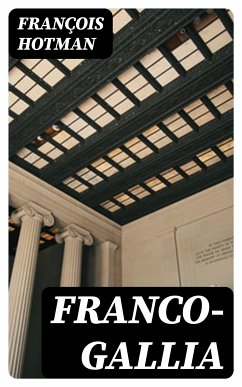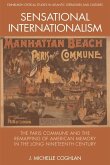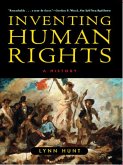François Hotman's "Franco-Gallia" offers a blend of legal theory, historical analysis, and political philosophy, asserting the unique characteristics of French governance and its foundations in the Frankish tradition. Published in the 1570s during a period of intense political turmoil, the text employs a scholarly style interlaced with rhetorical flourishes, building a case for the historical liberties of the French people against monarchical absolutism. Hotman's arguments are underpinned by meticulous research and a profound understanding of Roman law, demonstrating the interplay between customary law and governance in France, echoing the Renaissance's quest for knowledge and reform. Hotman, a pivotal figure of the French Renaissance, was acutely aware of the sociopolitical landscape of his time, influenced by the ongoing Wars of Religion and a burgeoning sense of national identity. His background as a lawyer and his exposure to the humanist ideas circulating in Europe deeply informed his views on liberty, government, and the rights of subjects. "Franco-Gallia" emerged from his commitment to articulate a vision of France that harmonizes local customs with broader European legal frameworks. This seminal work is essential reading for those interested in the development of constitutional thought and the evolution of French political identity. Hotman's insightful critiques and innovative ideas continue to resonate, making it not just a historical document but a timely reflection on governance and civil rights, inviting contemporary readers to engage with its themes.
Dieser Download kann aus rechtlichen Gründen nur mit Rechnungsadresse in A, B, BG, CY, CZ, D, DK, EW, E, FIN, F, GR, H, IRL, I, LT, L, LR, M, NL, PL, P, R, S, SLO, SK ausgeliefert werden.









